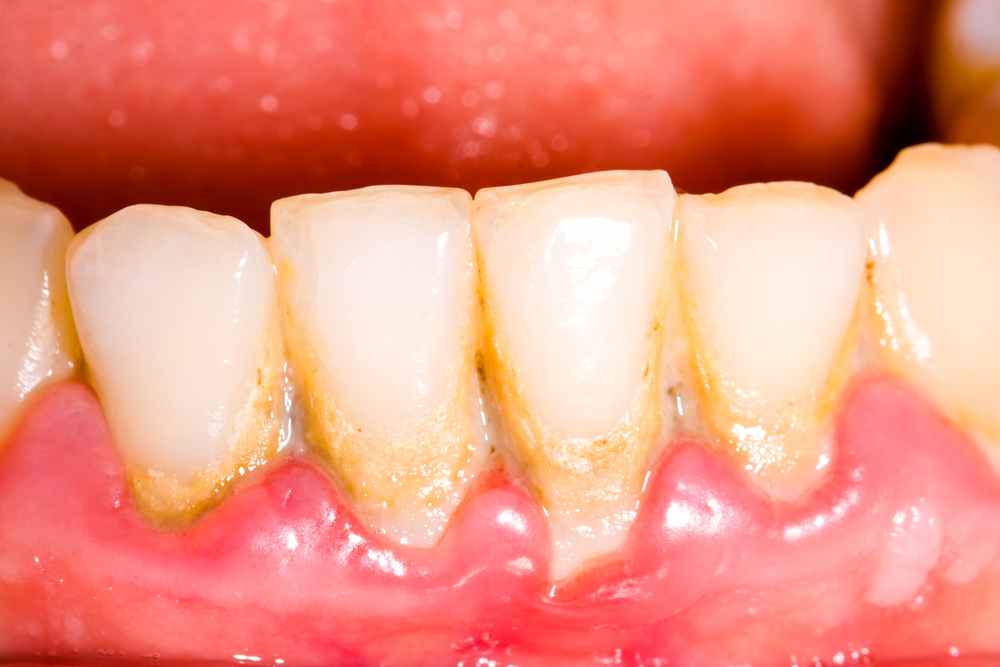

Sensitive gums can significantly impact your quality of life, causing discomfort and impacting your enjoyment of everyday activities. This comprehensive guide delves into the reasons behind sensitive gums and provides practical advice for choosing the right oral care products. We will explore the underlying causes of gum sensitivity, identify potential triggers, and offer effective solutions. This guide will cover the various options for oral care products, such as toothpaste, mouthwash, and dental floss, and will offer insights on selecting the right ones for sensitive gums. The structure of this article will first discuss the common causes and symptoms of sensitive gums, followed by a detailed examination of appropriate oral care products, finishing with preventive measures and frequently asked questions.
Understanding the Causes of Sensitive Gums
Recognizing the Root of the Problem
Gum sensitivity, a common oral health issue, can be caused by several factors. One of the primary causes is gum inflammation, often resulting from poor oral hygiene habits like inadequate brushing or flossing. This allows plaque buildup, leading to gingivitis, the early stage of gum disease. Furthermore, brushing too hard with abrasive toothpaste can also contribute to gum irritation and sensitivity. Other contributing factors include certain foods, especially acidic or sugary ones, as well as tooth grinding, or bruxism, which causes constant friction on the gums. Lastly, underlying medical conditions like hormonal changes, and certain medications can also exacerbate gum sensitivity.
Identifying the Symptoms of Sensitive Gums
Recognizing Early Signs of Gum Discomfort
Recognizing the symptoms of sensitive gums is crucial for prompt treatment. Symptoms typically manifest as pain, tenderness, or discomfort when eating or drinking hot, cold, or acidic foods and beverages. You might also experience a tingling sensation in the gums or find that brushing or flossing triggers pain. Some individuals may experience bleeding gums during brushing or flossing; this is a common sign of inflammation. It’s important to remember that gum sensitivity can vary in intensity; some individuals may only experience mild discomfort, while others may experience significant pain. Understanding these signs allows you to address the issue proactively and implement necessary measures to alleviate sensitivity.
Choosing the Right Toothpaste for Sensitive Gums
Selecting a Gentle and Effective Formula
When dealing with sensitive gums, selecting a suitable toothpaste is vital. Look for toothpaste specifically designed for sensitive teeth and gums. These formulas often contain desensitizing agents such as potassium nitrate or strontium chloride. These agents work by blocking the transmission of pain signals from the nerves in your teeth and gums. Avoid using abrasive toothpastes, as these can further irritate sensitive gums. Consider the ingredients, looking for natural and mild formulas that will help avoid further irritating your gums. Always read the labels carefully and choose a product recommended by a dentist or oral hygienist. Several studies have shown that using a toothpaste designed for sensitive gums can significantly reduce sensitivity over time. Remember that the chosen toothpaste should also be appropriate for your overall oral health needs.
The Importance of a Gentle Brushing Technique
How to Protect Your Gums During Brushing
Maintaining optimal oral hygiene is essential for preventing gum sensitivity and promoting healthy gums. The method you use to brush your teeth and gums plays a crucial role. Use a soft-bristled toothbrush and adopt a gentle, circular brushing technique to avoid causing further irritation. Brush gently along the gum line and ensure you spend sufficient time cleaning all surfaces of your teeth, especially the areas where your gums meet. Avoid aggressive scrubbing and instead focus on a soft, but comprehensive cleaning method. Regular brushing helps prevent plaque buildup which is a major cause of gum inflammation, and by extension, sensitivity. A gentle brushing technique not only prevents gum sensitivity but also contributes to long-term oral health.
Exploring Additional Oral Care Products
Supplementing Your Routine for Optimal Results
In addition to toothpaste, various other oral care products can be beneficial for maintaining healthy gums and mitigating sensitivity. Mouthwashes containing fluoride or special desensitizing agents can help reduce sensitivity and prevent further inflammation. Dental floss, used gently and correctly, can dislodge plaque from hard-to-reach areas, preventing bacteria buildup. Additionally, a therapeutic mouthwash can help to soothe inflamed gums and promote healing. Consider incorporating a mouth rinse that is specifically designed to address sensitivity. By using a combination of these products you can create a comprehensive oral care routine that effectively combats gum sensitivity.
In conclusion, understanding the discomfort of sensitive gums and selecting the right products is crucial for maintaining oral health. By following the advice in this guide, you can address the underlying causes of gum sensitivity, and choose products that are gentle and effective. Remember to consult your dentist if your sensitivity persists or worsens. By prioritizing oral care and addressing the root causes of gum sensitivity, you can achieve a healthier and more confident smile. Don’t hesitate to explore more oral care options and make informed choices to improve your oral health journey!